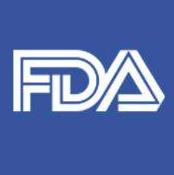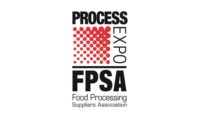The Produce Marketing Association (PMA) is offering new resources to help the global fresh produce industry understand the U.S. government's latest proposed rules to implement the 2011 Food Safety Modernization Act (FSMA). Resources include English and Spanish summaries of the U.S. Food & Drug Administration's (FDA} proposed rule for Foreign Supplier Verification Programs (FSVP) and Accreditation of Third-Party Auditors, plus bilingual, produce-specific webinars explaining the proposed rule.
The FSVP proposed rule summaries are tailored for the global fresh produce industry, as the proposed rule would extend U.S. food safety standards to imported foods. English and Spanish summaries of the Accreditation of Third-Party Auditors proposed rule will follow soon.
PMA will partner with the Canadian Produce Marketing Association, the Fresh Produce Association of the Americas, and Western Growers to host an English-language webinar covering the two newly proposed rules on Thursday, Aug. 29, from 3-4:30 p.m. EST. That webinar will feature FDA senior policy advisors Brian Pendleton, JD, and Charlotte Christin, JD, who will explain the proposed rules and then answer participants' questions. PMA will also host a Spanish-language webinar covering the proposed rules on Tuesday, Sept. 10, from 3-4 p.m. EST. Both webinars are free. Registration is now open for the English webinar, and will open soon for the Spanish webinar.
"The global reality of today's fresh produce supply chain is reflected in these latest proposed rules," said Bob Whitaker, PMA's chief science and technology officer. "PMA is here to help all of our members, inside and outside the U.S., understand FSMA's implications on our global industry."
PMA's latest summaries and webinars are designed for:
- U.S.-based fresh produce importers, who would be responsible for implementing the FSVP rule;
- non-U.S. fresh produce suppliers to U.S. importers, who would be responsible for working with importers to meet FSVP requirements;
- fresh produce buyers and sellers who utilize or participate in third-party audits; and
- auditors or certifiers, who would be subject to the third-party audit rule



